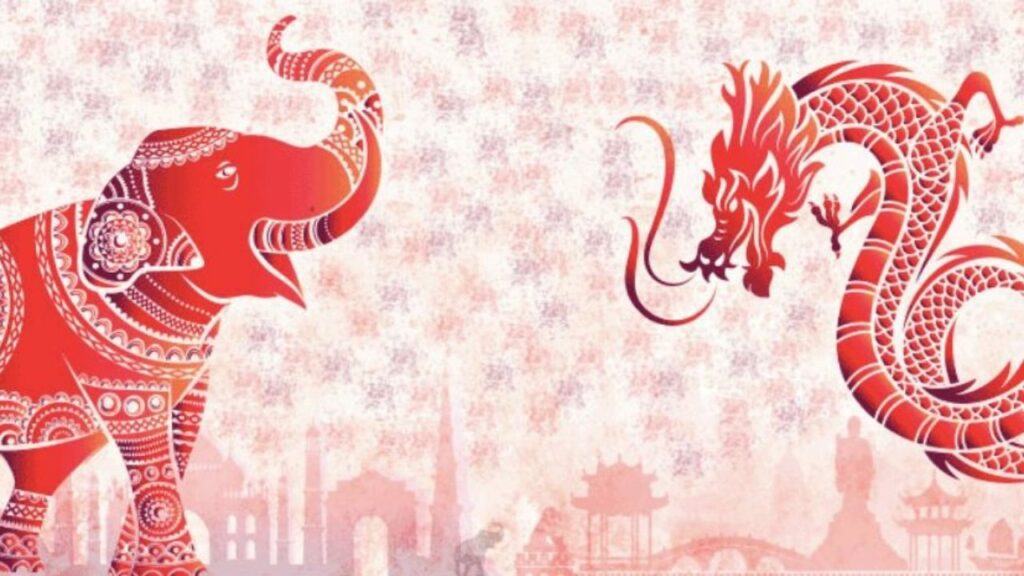In a significant shift reflecting improving diplomatic and trade signals, India is preparing to accelerate pending import approvals for goods sourced from China and other nations. This includes electronics components, footwear, daily-use household items, steel products, and key raw materials — goods critical to India’s manufacturing and consumer ecosystem.

India halted most such clearances in 2020 following escalating border tensions and the Galwan Valley clash. Since then, overseas BIS approvals — especially for Chinese plants — slowed dramatically, disrupting supply chains and prompting companies to rely on limited domestic capability.
🎯 Why the Sudden Move?
Recent GST cuts on consumer goods triggered a sharp jump in demand across sectors from consumer electronics to automobiles. With prices slashed and festive buying in full swing, many brands saw inventory wiped out faster than anticipated.
Large-screen TVs, dishwashers, refrigerators, and washing machines now face waiting periods — a first for premium electronics in India. To prevent shortages, the Department for Promotion of Industry and Internal Trade (DPIIT) has sought company-wise updates on certification delays, with instructions to clear genuine pending applications soon.
A senior official confirmed the shift:
“We will soon begin issuing and renewing licences for suppliers from several countries, including China.”
🧾 BIS Approvals at the Core
Under India’s Quality Control Orders (QCO), BIS approval is mandatory for many imports. Local plants get quick certification, but Chinese units saw approvals stall — both due to geopolitical tensions and a push for localisation. Now, officials will visit overseas factories again to clear backlogs, helping companies meet demand while India continues long-term capacity-building.
🕊️ Improving India-China Signals
This move follows several thaw indicators:
- Heavy rare earth magnet exports from China to India resumed
- Direct flights restarted
- India began clearing Chinese business visas
- PM Modi and President Xi Jinping held talks in August
FDI restrictions under Press Note 3 remain, but trade coordination appears to be improving.
📦 What It Means for India
- Immediate relief for manufacturers facing component shortages
- Smoother festive sales and reduced wait times for consumers
- Continued focus on Atmanirbhar Bharat, but with pragmatic flexibility
Industry leaders say localisation efforts continue — but choking supply chains would hurt growth. With around 50% localisation in AC manufacturing and similar ratios in other appliances, India appears to be balancing domestic interests with market realities.

